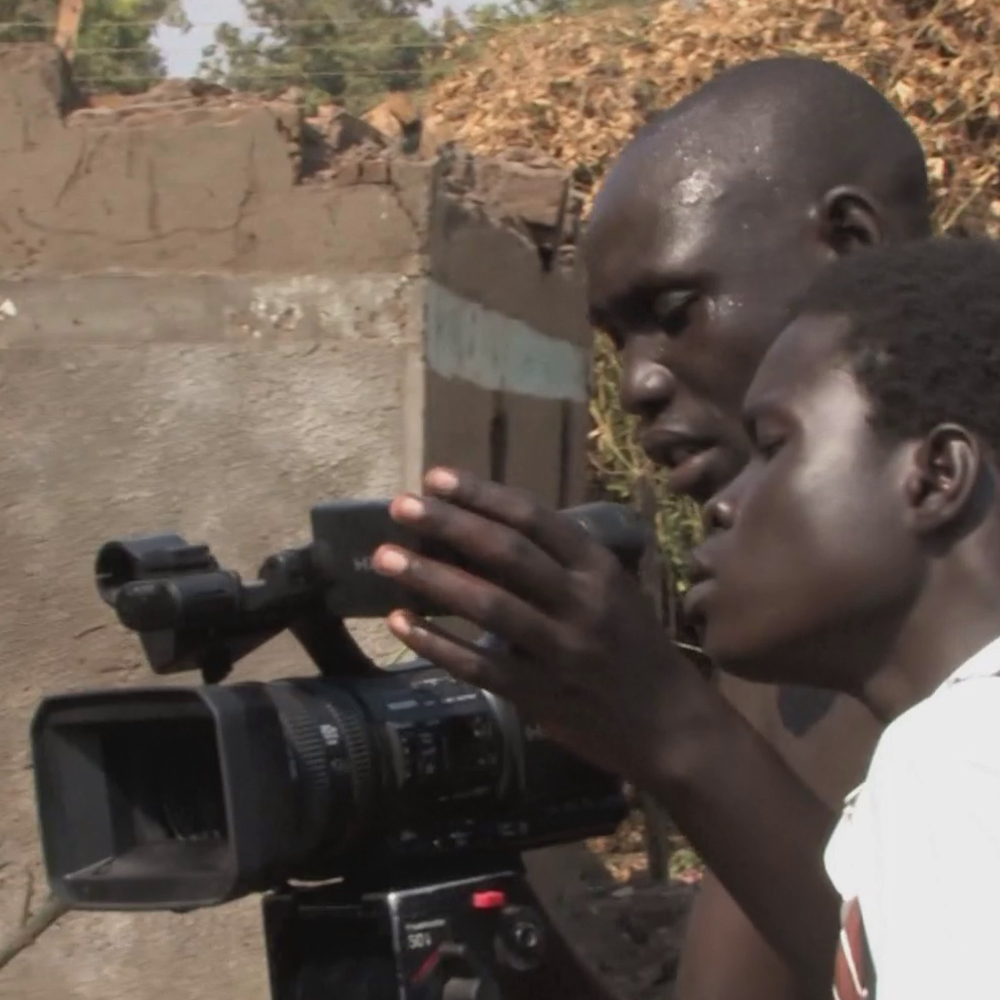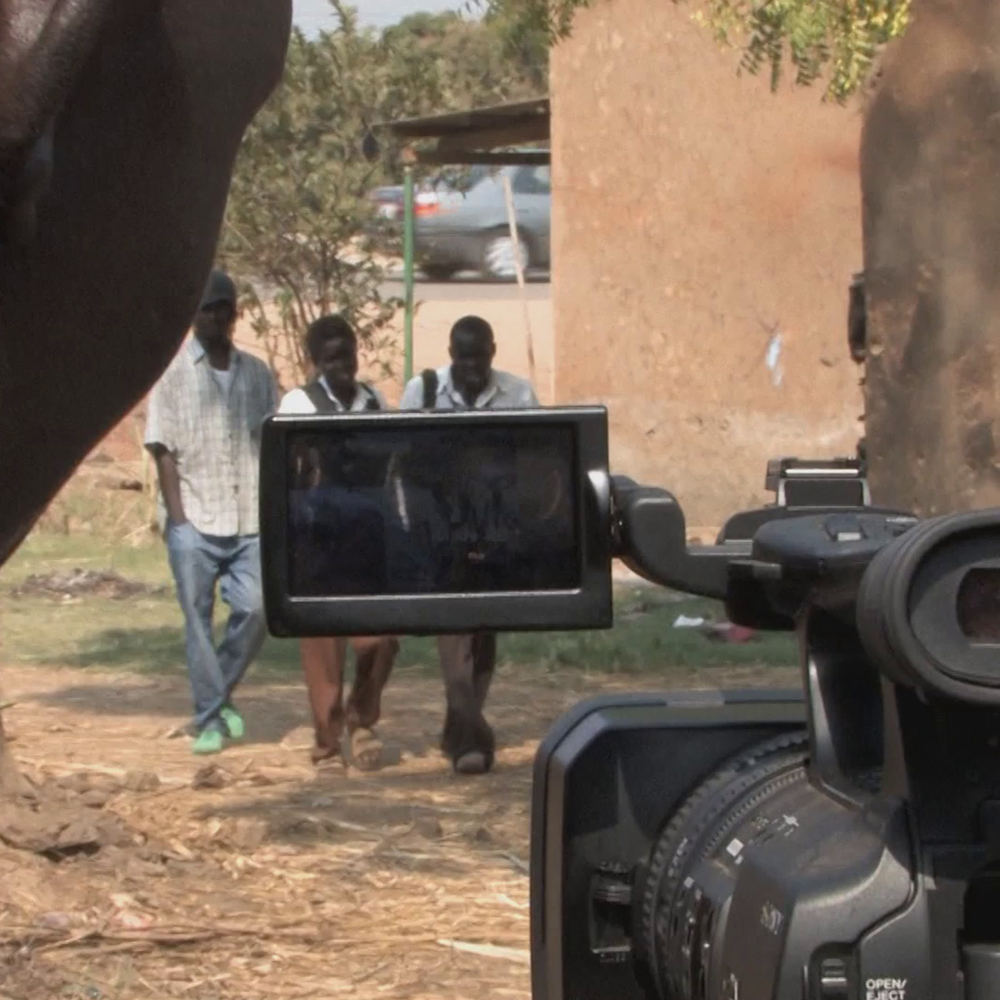COME, I’LL SHOW YOU
A BOY GONE ASTRAY
The young Pitia would rather go drinking with his friends than go to school. He keeps this new hobby secret from his father, but before long, his father catches him drunk. Despite the furious sermon he gets, Pitia continues to skip class. When one of his friends develops an addiction to alcohol and drugs, Pitia witnesses first-hand what might result from this behaviour. Will he recognise the error of his ways, give up his clique, and return to school?
 
In case your browser doesn’t allow the video to be automatically available, please click here to be re-directed to YouTube: DECIDE
COME, I’LL SHOW YOU
A BOY GONE ASTRAY
The young Pitia would rather go drinking with his friends than go to school. He keeps this new hobby secret from his father, but before long, his father catches him drunk. Despite the furious sermon he gets, Pitia continues to skip class. When one of his friends develops an addiction to alcohol and drugs, Pitia witnesses first-hand what might result from this behaviour. Will he recognise the error of his ways, give up his clique, and return to school?
 
In case your browser doesn’t allow the video to be automatically available, please click here to be re-directed to YouTube: DECIDE

COME, I’LL SHOW YOU THE
FILMMAKERS
| Director | Alex Taban |
| Director of Photography | John Bosco, Simon Bingo |
| Editor | John Bosco, Christian R. Timmann |
| Sounddesign | Jana König |
| Sound | Sebit Anthony, Joice Mama |
COME, I’LL SHOW YOU THE
FILMMAKERS
Director
Alex Taban
Director of Photography
John Bosco, Simon Bingo
Editor
John Bosco, Christian R. Timmann
Sounddesign
Jana König
Sound
Sebit Anthony, Joice Mama

COME, I’LL SHOW YOU THE
FILM INFORMATION
| Type | Fiction |
| Length | 10:36 min. |
| Language | Arabic / English with English or German subtitles |
| Country of origin | South Sudan |
| Year | 2013 |

COME, I’LL SHOW YOU THE
FILM INFORMATION
Type
Fiction
Length
10:36 min.
Language
Arabic / English with English or German subtitles
Country of origin
South Sudan
Year
2013
COME, I’LL SHOW YOU THE COUNTRY OF ORIGIN
SOUTH SUDAN
South Sudan (officially the Republic of South Sudan) gained its independence from the Republic of Sudan in the north in 2011 and is the most recently recognised sovereign state in Africa. The country borders Ethiopia, Kenya, Uganda, Democratic Republic of the Congo, and the Central African Republic. The capital city is Juba. English is the official language, but Arabic and many other languages are also spoken.
>/br>
A struggle for governmental power led to a civil war between 2013 and 2018, the effects of which can still be felt. About two thirds of the approximately 13 million inhabitants cannot read or write, and more than half of the population lives below the poverty line.
>/br>
Journalists in South Sudan regularly face threats, assault and intimidation efforts. Criticism of the government and its agencies is poorly tolerated. Since fighting began in 2013, the situation has worsened: many journalists were forced to flee from the violence, and many news outlets had to cease operations. On the 2020 World Press Freedom Index published by Reporters without Borders, South Sudan ranked 138th out of 180 countries.
COME, I’LL SHOW YOU THE COUNTRY OF ORIGIN
SOUTH SUDAN
South Sudan (officially the Republic of South Sudan) gained its independence from the Republic of Sudan in the north in 2011 and is the most recently recognised sovereign state in Africa. The country borders Ethiopia, Kenya, Uganda, Democratic Republic of the Congo, and the Central African Republic. The capital city is Juba. English is the official language, but Arabic and many other languages are also spoken.
>/br>
A struggle for governmental power led to a civil war between 2013 and 2018, the effects of which can still be felt. About two thirds of the approximately 13 million inhabitants cannot read or write, and more than half of the population lives below the poverty line.
>/br>
Journalists in South Sudan regularly face threats, assault and intimidation efforts. Criticism of the government and its agencies is poorly tolerated. Since fighting began in 2013, the situation has worsened: many journalists were forced to flee from the violence, and many news outlets had to cease operations. On the 2020 World Press Freedom Index published by Reporters without Borders, South Sudan ranked 138th out of 180 countries.

